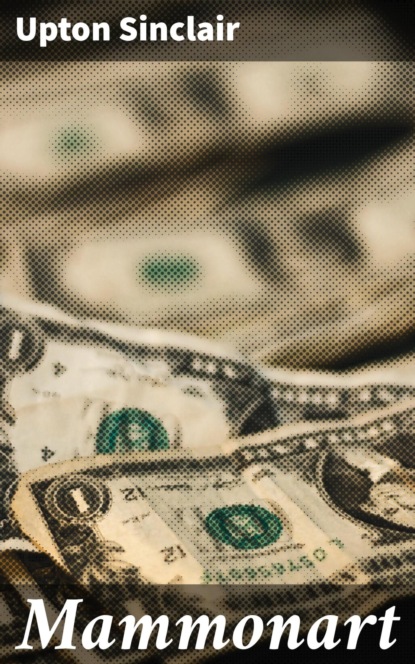Volume 550 pages
0+
Mammonart
About the book
In 'Mammonart,' Upton Sinclair employs vivid prose and sharp social critique to explore the intersections of art and capitalism in early 20th-century America. This novel unfolds through the lives of artists and intellectuals navigating a society driven by profit, challenging the conventional definitions of art in an increasingly commodified cultural landscape. Sinclair'Äôs literary style combines realism with a sense of urgency, mirroring the tumultuous socio-economic conditions of his time, marked by burgeoning industrialism and materialism. The work is a profound examination of the corrupting influence of wealth on creativity and integrity, adding a unique layer to the discourse on American literature and culture. Upton Sinclair (1878-1968), a prominent figure in the muckraker movement, was deeply influenced by his interactions with the working class and his fervent advocacy for social justice. His experiences, including the hardships faced by those in the artistic community, are interwoven throughout 'Mammonart,' reflecting his broader vision of society's moral dilemmas. Sinclair's background as a novelist who championed the downtrodden lends a powerful authenticity to his characters'Äô struggles within the framework of American society. 'Mammonart' is highly recommended for readers seeking to understand the intricate relationship between art, society, and economics. Sinclair'Äôs incisive examination of these themes resonates today, inviting contemplation on the ongoing impact of capitalism on creative expression. Engaging with this text will enrich your understanding of both the historical context and the artistic ethos that shaped modern American literature.
